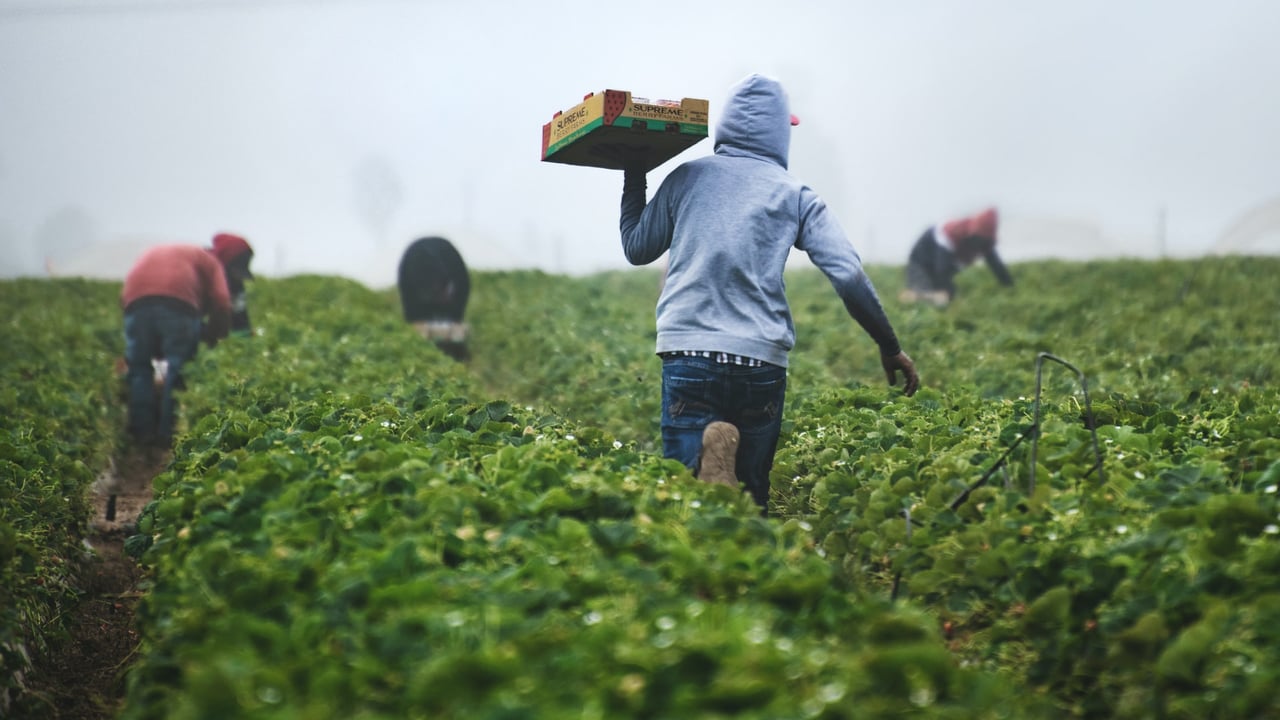CAP proposals fail to make agri sector more attractive - EFFAT
New proposals for reforming the Common Agricultural Policy (CAP) after 2027 are weak in terms of budget and goals and fail to make the agriculture sector more attractive, according to EFFAT.
The European Federation of Trade Unions in the Food, Agriculture, and Tourism sectors said the proposed rebranding of ‘conditionality’ as ‘farm stewardship’ introduces no new protections for workers.
On Wednesday (July 16), the European Commission announced its proposals for the CAP post-2027, along with the proposed long-term EU budget, or Multiannual Financial Framework (MFF) from 2028-2034.
EFFAT acknowledged that the overall structure of social conditionality remains under the plans, but said it regrets the lack of improvements in terms of scope and enforcement.
The federation said there are no incentives tied to creating quality jobs or rewarding social performance.
"Hectare-based payments remain the main criterion, disregarding the quality and quantity of employment and, ultimately, the human labour behind agricultural production," it said.
EFFAT expressed concern over Article 62 of the proposed Regulation on establishing the European Economic, Territorial, Social, Rural and Maritime Sustainable Prosperity and Security Fund.
The federation said a proposed exemption for farms under 10ha "would exempt over 70% of EU farms from controls and penalties".
"This effectively limits social conditionality to just 30% of holdings. Worker protection should not depend on farm size.
"Excluding small farms sends a harmful message: that violations of workers' rights are acceptable if farms are small," it said.
EFFAT said the proposal "appears to allow reductions in social conditionality penalties if national employment sanctions apply".
"This would undermine the system’s integrity. Employment sanctions are legal consequences for violating labour laws, aimed at enforcing compliance.
"Social conditionality ensures that EU taxpayer money only goes to beneficiaries who respect those laws," it said.
EFFAT is also concerned about the creation of a single fund for CAP and cohesion, which it believes "risks diluting agricultural and labour priorities, increasing fragmentation and re-nationalisation, as well as competition for limited funding".
The federation said a proposed 22% cut in the CAP budget cut from €386.6 billion to €300 billion comes alongside a sharp rise in military spending, "signalling a troubling shift away from social and agricultural priorities in the EU".
Fabrizio De Pascale, EFFAT agriculture chair, said that labour priorities must be safeguarded through dedicated funding and distinct policy tools.
"Merging them into a single fund risk diluting their importance, leaving their fate at the discretion of member states—and subject to their willingness, or lack thereof, to uphold workers’ rights and support genuine social progress and inclusion," he said.
Enrico Somaglia, EFFAT general secretary, said the organisation will continue to advocate for a social CAP.
“The fight is far from over. The secretariat along with our affiliates will actively engage with the European Parliament and the [European] Council throughout the legislative process to ensure that workers’ rights are no longer sidelined and our demands are met.
“The CAP must evolve into a policy tool that promotes decent work, fair pay, and safe conditions for all agricultural workers," he added.





